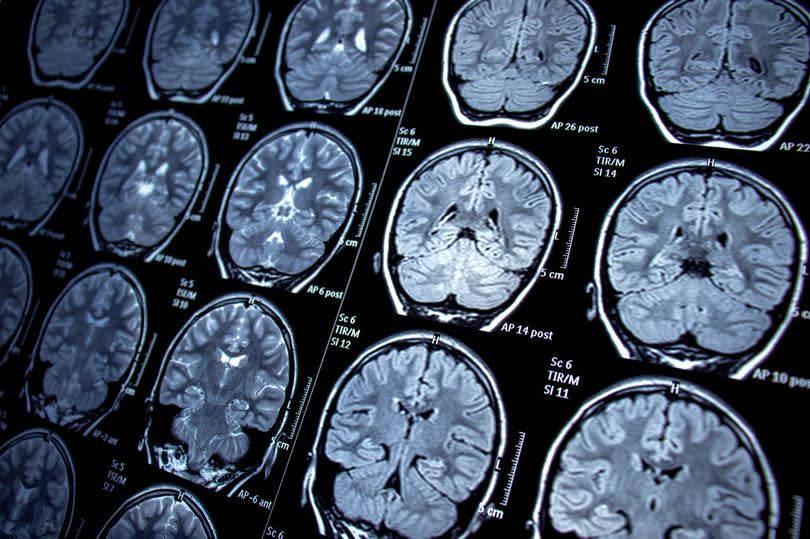Boy with severe epilepsy first in world to have device fitted in his skull

A young boy suffering from severe epilepsy has become the first patient globally to trial a new device aimed at controlling seizures. The neurostimulator device, implanted in Oran Knowlson's skull, sends electrical signals deep into his brain.
The operation, which Oran underwent at just 12 years old, has seen his daytime seizures decrease by 80 per cent. His mum, Justine, shared with the BBC how much happier the 13 year old is now, enjoying a "better quality of life".
Oran suffers from Lennox-Gastaut syndrome, a type of epilepsy known for its resistance to other treatments. He developed the disorder at three years old and has experienced several seizures daily since then.
The surgery was performed in October as part of a trial at Great Ormond Street Hospital in London. Prior to his surgery, Justine expressed to the outlet how Oran's epilepsy had "robbed him of all of his childhood".
She detailed that the preteen experiences a variety of different seizures and would sometimes require emergency medication to resuscitate him when he stopped breathing. The 13 year old also lives with autism and ADHD, reports the Mirror.
However, his mum stated that his epilepsy has been the most significant obstacle in his daily life. She revealed that he went from a "fairly bright three-year-old" to rapidly deteriorating and losing many of his skills within just a few months.
The Picostim neurotransmitter implanted in Oran's skull sends out pulses that interrupt the abnormal electrical activity in his brain responsible for seizures. Remarkably, he doesn't feel the device when it's active and can charge it daily using wireless headphones, even while engaged in activities like watching TV.
Seven months after the operation, Justine has observed her son being more responsive, experiencing no drop seizures during daylight hours, and enduring "shorter and less severe" episodes at nighta significant improvement. Although aware that this isn't a complete solution for his condition, Justine has commended the team at Great Ormond Street Hospital for offering them "hope" and making "the future looks brighter".
The trial is set to expand, with three more children diagnosed with Lennox-Gastaut syndrome scheduled to receive the deep brain neurostimulator. The aim is to advance the device so it can react instantly to brain activity changes, potentially preventing seizures before they start.
Oran is participating in the CADET project, which is a collaborative effort involving Great Ormond Street Hospital, University College London, King's College Hospital, and the University of Oxford, to evaluate the safety and efficacy of deep brain stimulation in treating severe epilepsy.

 Yahoo News
Yahoo News 
